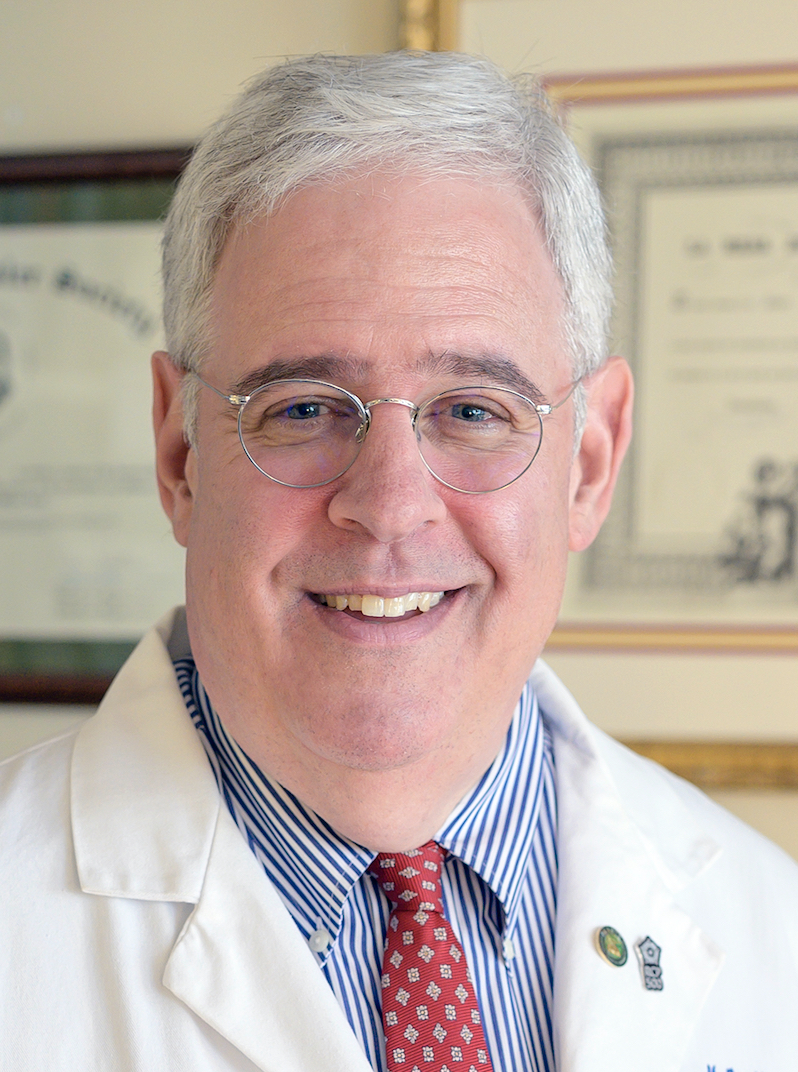Dr. Joseph Fins to Speak at Cruzan Conference
 November 12 and 13, 2010
November 12 and 13, 2010Westin Crown Center
Kansas City, MO
The questions raised by the Nancy Cruzan Case 20 years ago resonate to this day.
When is someone in a persistent vegetative state? What about other states of altered consciousness? When should artificial nutrition and hydration be withdrawn from such patients, and who decides?
Joseph Fins, MD, chief of medical ethics at Weill Cornell Medical College, joins Art Caplan, PhD and Glenn McGee, PhD on a panel to discuss these issues during “At the Epicenter: Cruzan and PSDA 20 Years Later” on November 12 and 13th in Kansas City.
For more information and to register click on the links below.
Links:
Kansas City, MO
The questions raised by the Nancy Cruzan Case 20 years ago resonate to this day.
When is someone in a persistent vegetative state? What about other states of altered consciousness? When should artificial nutrition and hydration be withdrawn from such patients, and who decides?
Joseph Fins, MD, chief of medical ethics at Weill Cornell Medical College, joins Art Caplan, PhD and Glenn McGee, PhD on a panel to discuss these issues during “At the Epicenter: Cruzan and PSDA 20 Years Later” on November 12 and 13th in Kansas City.
For more information and to register click on the links below.
Links:
Podcast: The State of Altered Consciousness, Joseph Fins, MD, 14 minutes 22 seconds
Labels: persistent vegetative state; minimally conscious state; bioethics; medical ethics

1 Comments:
Doctors and neurologists should have to admit their total failure in this field. Actually yet they are unable to decide anything about consciousness of a persistent vegetative state and all scans are in a very primary stage to tell us about consciousness.
Post a Comment
Subscribe to Post Comments [Atom]
<< Home